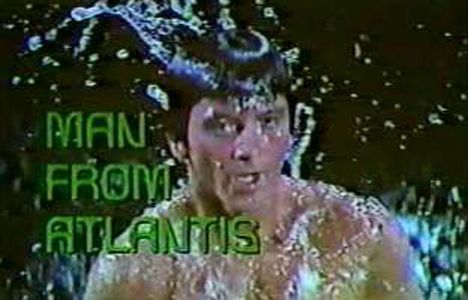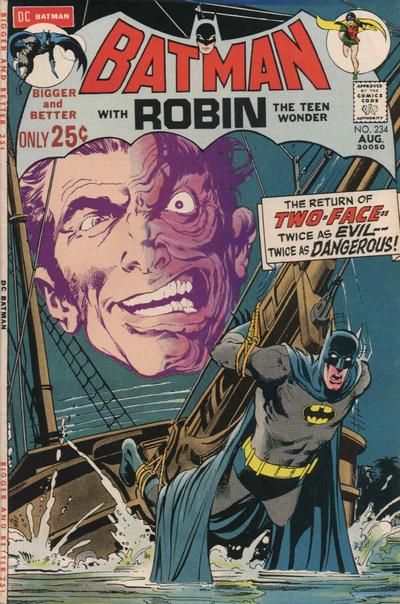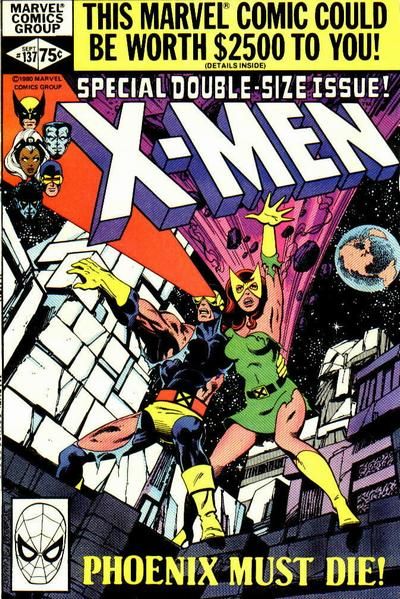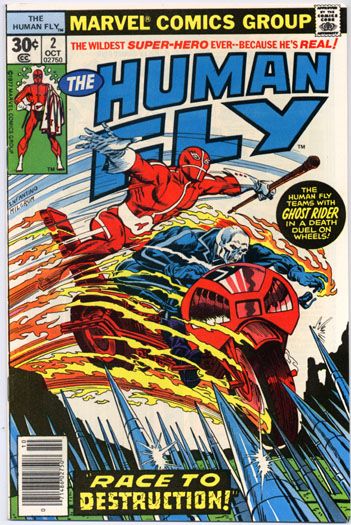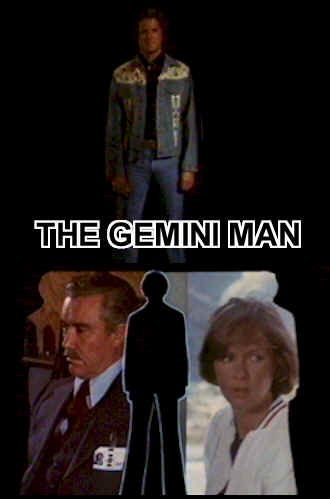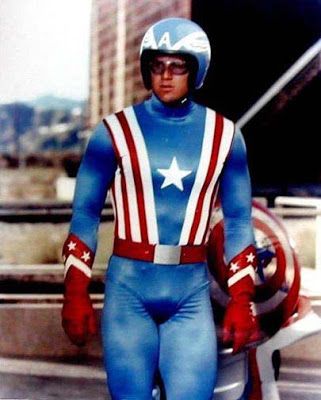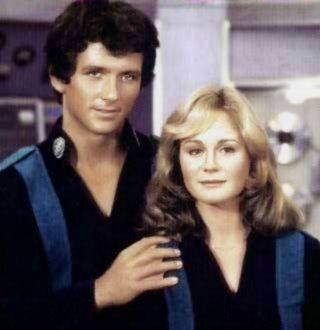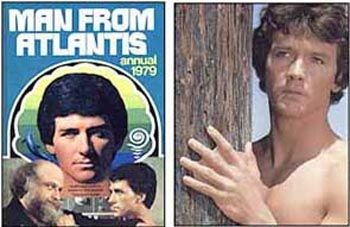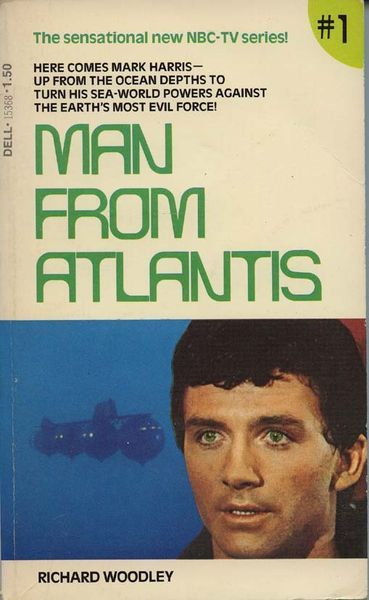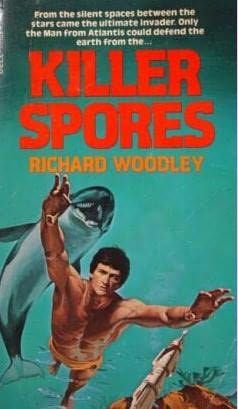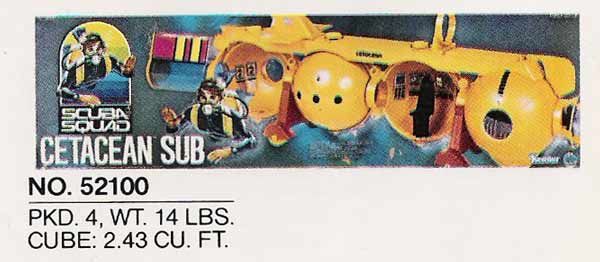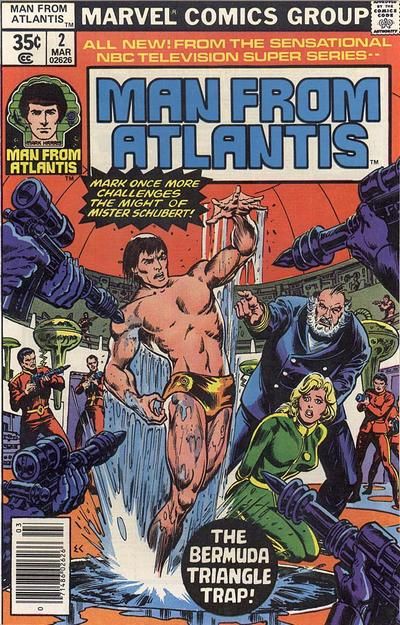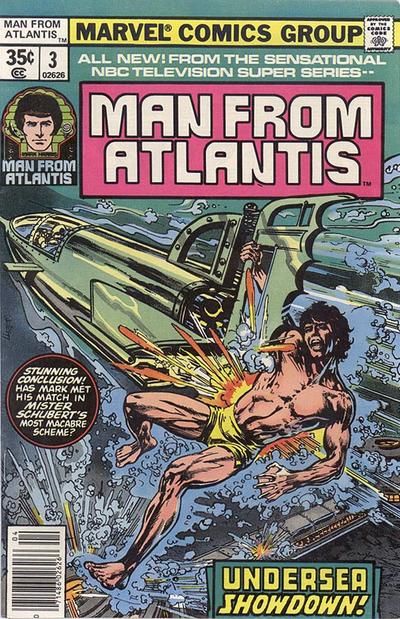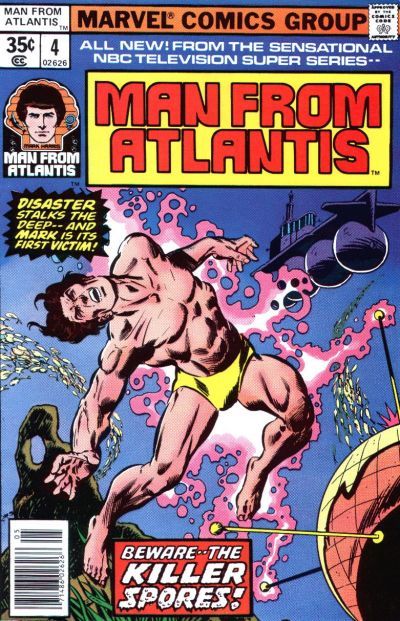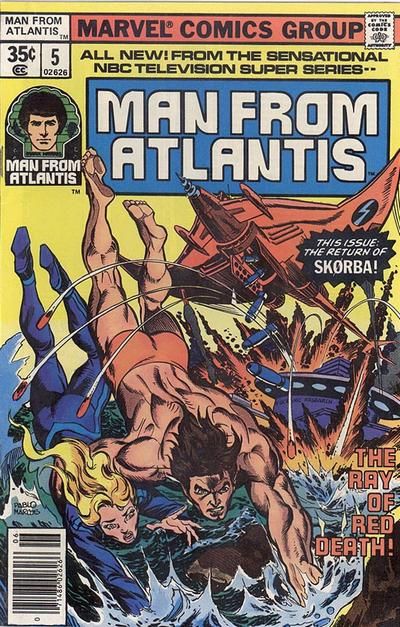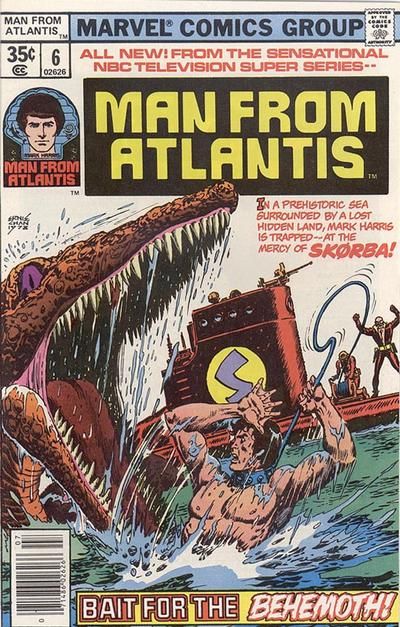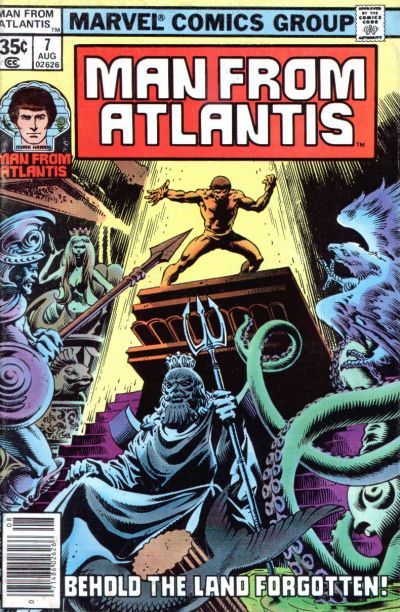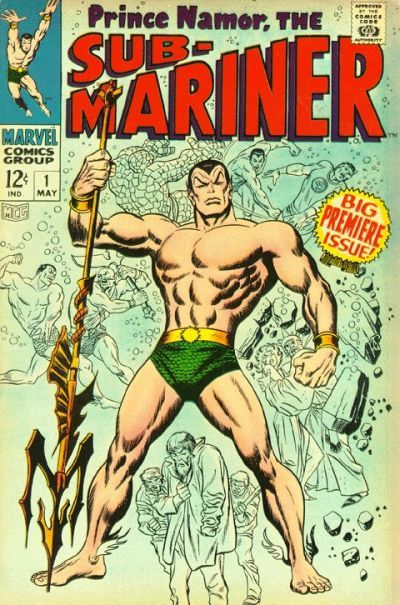At the Seattle Comic-Card show last Sunday, we ran across a real blast from the past... and incidentally, acquired the entire run of a title I've wanted for years.
As some of you might recall, my personal Golden Age of Comics was from roughly the summer of 1971 or so on up through the fall of 1980. (Or, as I think of it, the interval between Denny O'Neil and Neal Adams' "Half an Evil" and the conclusion to the original "Phoenix Saga.")
There were better comics to come in the 1980's, without question. But really, it was that earlier decade when I fell swooningly in love with comics for life. The books of that time shaped my tastes in superhero adventure, especially that gonzo era of 1970's Marvel where it seemed like they'd try ANY-damn-thing for at least a couple of issues.
One of those experiments came about because of a television show that, as it happened, I liked a lot -- or, at least, I wanted to like it a lot.
Many of my favorite seventies superhero adventures were actually from TV, not comics. I've written in this space before of the various television shows that tried to surf the wave created by The Six Million Dollar Man back in the mid-seventies. Everyone wanted the next TV superhero hit (and, of course, the licensing bonanza that went with it.)
Most of them were riffs on the basic premise of The Six Million Dollar Man-- a normal person is somehow gifted with extraordinary abilities, and becomes the reluctant recruit of a government agency (or sometimes a handy scientific foundation) for a career of cloak-and-dagger superheroics.
Sometimes these reluctant government super-types came from comics. Sort of. But even they got the Steve Austin/Jaime Sommers makeover.
One of those second-string efforts, despite its basic lameness, has stuck with me for years.
Maybe it's because I was an Aquaman guy. But I always found something really likable about The Man From Atlantis.
It began as a made-for-TV movie. Patrick Duffy (in his first major role) starred as an amnesiac man who washes up one night on a Los Angeles beach. He is comatose and his condition is deteriorating-- despite everything emergency medical crews can do for him, he appears to be slowly suffocating. Dr. Elizabeth Merrill, upon examining his lung tissues, realizes he is adapted to breathe water, not air, and rushes him back to the ocean.
It turns out that in the water, the slight-looking specimen is something superhuman. The Navy is very interested in the young man and gives him the name Mark Harris, and embarks on an investigation into where he came from -- but the baffled scientists' new supercomputer can only suggest that "Mark" is a survivor of the lost civilization of Atlantis. Possessed of exceptional abilities, including super-strength (but only in the ocean; just like the Sub-Mariner, Mark gets weaker the longer he is out of the water) as well as the ability to breathe underwater and withstand extreme depth pressures, Mark was subsequently recruited by the Foundation For Oceanic Research, a governmental agency that explored the depths of the ocean in a sophisticated submarine called the Cetacean.
It was all straight out of the standard seventies TV superhero playbook. But the show had a few things going for it.
The underwater work that would make or break a show like this was extraordinarily skilled, and to this day holds up rather well. Patrick Duffy was amazing in his breath control, plausibly portraying a water-breathing man speaking underwater with hardly any giveaway bubbles -- and remember, this was before they had CGI to edit with. Also, Duffy and his stunt coach worked out a dolphin-like swimming style that was really cool-looking and otherworldly. (You can see it demonstrated in this clip from the credits.) The miniature model work with the submarine Cetacean was done well too.
Far and away, though, the biggest asset the show had going for it was the casting.
Patrick Duffy was terrific as amnesiac amphibian hero Mark Harris, projecting a kind of naive strength in much the same vein as Leonard Nimoy had a decade earlier as Star Trek's Mr. Spock. And Belinda Montgomery hit just the right note of compassion and nobility as Dr. Elizabeth Merrill. The relationship the two of them built was comfortably familial, based on friendship rather than romance. Both of them worked really hard at selling what they were given without any smirky campiness or winking to the audience. That was left to Victor Buono as the villain of the piece, Mr. Schubert, who has decided to provoke a nuclear war between the world superpowers that will leave his new undersea civilization in control of the planet.
The pilot movie has some weak moments but overall it's a fun ninety minutes, carried by the sheer charm of its stars and the remarkable underwater work. The setup, with its promise of adventure and the mystery of unraveling Mark's origin, was intriguing as well. Overall it was a winning combo,
The pilot was a ratings success and was followed in quick succession by three more movies. The following season it became a weekly hourlong series.
Sadly, none of the followup efforts had the charm or sense of fun of the pilot, and hardly any of the promising setup was ever followed up on. Instead, the three made-for-TV movies and the series that followed fell victim to a common failing of television SF at the time -- there seemed to be the assumption that once you sold the audience on the idea of one impossible thing, that meant they'd believe any impossible thing. (Call it Irwin Allen syndrome; you used to see it all the time on Land of the Giants and Time Tunnel and Lost In Space, not to mention Voyage to the Bottom of the Sea.)
So the episodes became progressively more implausible. In the beginning, I could sort of buy Victor Buono as a cheerful megalomaniac with his headquarters inside an undersea mountain, but the telepathic radioactive spores and the alien water-breathing soldiers that followed were too much even for me. By the time the hourlong version gave us Mark's otherdimensional Wild West evil twin (I'm not making this up-- look here) and sent Mark back in time to help save Romeo and Juliet... well, even a card-carrying nerd like me was ready to give up. The show was canceled after thirteen episodes and it was a mercy killing by then. Patrick Duffy went on to fame and fortune on Dallas and Belinda Montgomery became Doogie Howser's mom and that was that.
There was still a big licensing push for The Man From Atlantis, though, that staggered on for a little while even after the TV show itself was gone. There were several novels adapting the TV-movies.
A projected toy line died stillborn. Kenner quickly tried to retool it from the "Man From Atlantis" line to the generic "Scuba Squad" but it never actually got released, from what I can dig up. Though there were a couple of prototypes made.
And -- the major point of interest for us here -- Marvel did a tie-in comic that ran seven issues.
I'd skipped it when it came out -- I couldn't buy everything, not even back then, but I'd always been kind of curious about it. I remember flipping through the first issue and being impressed at its sheer size. Two full-length stories and a number of text pieces, interviews with the actors and a diary of a set visit by Jo Duffy.
The writer on the book was Marvel workhorse Bill Mantlo, and art on the first story in the book was by Tom Sutton and Sonny Trinidad. The second story, and all the issues to follow, had art by Frank Robbins.
Anyway, I finally had a chance to settle in with the run last weekend after scoring all seven issues from our favorite convention-floor dealer, Randy of "Randy's Reader Comics," for a buck each.
Were they worth the wait? Well, no, not really. Not if I'm honest about it. But I do like these a lot.
They're better than the show. But that's not setting the bar all that high. The most impressive thing about these books are the covers. John Buscema, Gil Kane, Ernie Chan... we're getting a lot of the Bronze Age heavy hitters rotating through here.
All the power and dynamism I kept wanting to see on the show was here. The interesting thing was that Mantlo did very loose adaptations of a couple of the TV-movies and an episode or two, but he made extensive changes, and often improved on the originals.
It helps that things that were just ludicrously stupid when I saw them acted out live on TV somehow made a lot more sense in a comic book. You sort of expect dimensional rifts to be commonplace in a Bronze Age Marvel book, it's not as big a leap.
Mantlo did do some original stories, both with Mark's recurring TV nemesis Mr. Schubert and also his own original villains, notably the pirate Skorba.
And of course there was no budgetary limit to the plot points the comic could use. In the comic Mark Harris could fight cyborgs, dinosaurs, killer robots, all sorts of stuff that was far beyond Hollywood's capability of putting on the screen back then.
Despite an excitement level that was easily triple what we got from the TV version, though, the Man From Atlantis comic still fizzled after seven issues. It must have been canceled suddenly; there was no wrapup, and in fact the last issue ended on a rather odd cliffhanger, with Mark returning to the Cetacean to find the crew in thrall to a guy in some sort of jester outfit. Which makes me think that Mantlo was about to embark on another loose adaptation, this time of the television episode "Imp," probably the worst of the lot. (Which is saying something, but this YouTube clip will show you I'm not kidding.)
"Imp" notwithstanding, though, Man From Atlantis nevertheless was one of the few licensed comics with the dubious distinction of being better than the show it was spun off from. But it gave me that same feeling the show itself did, that frustrating sense of 'almost.' There's a palpable aura of bad decisions and missed chances that hangs over the whole thing.
What possessed editor Archie Goodwin to give the art assignment on the book to Frank Robbins? I like Robbins' work, but his jagged, anatomically-improvisational style of rendering figures in action is utterly wrong for a book like this, as is made painfully clear in the first issue when it runs side-by-side with the story from Sutton and Trinidad, not to mention pin-ups from Gene Colan and Mike Zeck. I can think of half a dozen guys in the Bullpen back then who'd have done it better, starting with the aforementioned Zeck. Somebody like, oh, Nestor Redondo. Or Sal Buscema. Or... hell, pick your own.
Likewise, why did Bill Mantlo waste half his issues doing adaptations? There was already the show AND licensed prose novels doing the same stories. I think the plot changes he made worked, but the net effect was still lukewarm deja vu, as was pointed out in several vocal letter column complaints. (The changes Mantlo made were so extensive that readers accused Mantlo of stealing the plots, it had to be explained that he was adapting stories.) In the days before home video, you could make a sort of a case for doing a prose adaptation, but a comics adaptation, even back then, still felt like pretty weak tea. Especially side-by-side with original pieces like the "Land That Time Forgot" riff Mantlo did in the later issues.
Everyone who worked on these -- Goodwin, Mantlo, Robbins -- is gone now, so I guess we'll never know why they did it the way they did. Without question, it was a second-tier assignment for all of them, and that might be the explanation right there. I can see why Marvel decided to cut their losses; certainly, from their point of view, it made more sense to invest talent in reviving their own Sub-Mariner than it would trying to keep The Man From Atlantis going, especially after the TV show was gone.
(Although after Sub-Mariner got canceled in 1974, they didn't try to get a Namor book going again until a decade later, the 1984 miniseries, and they didn't get any real traction on one till John Byrne's revival in 1990.)
I dunno. Maybe it's just the underwater curse again. Nobody ever seems to really make the underwater heroes work for any length of time. But rereading these comics (and watching the pilot movie again) has reminded me how much I wish someone would get a cool undersea adventure series of some kind going.
Sadly, Man From Atlantis wasn't it, but it was an honorable effort on all fronts, at least at the beginning. I give them credit for trying... and for seven bucks, I'm happy to have these comics at least. Though I am a little amused that I'm having the same reaction to the Marvel book today that I had to the TV show thirty years ago -- the uncontrollable urge to tell them how to do it right. I guess that's the fandom curse.
See you next week.

